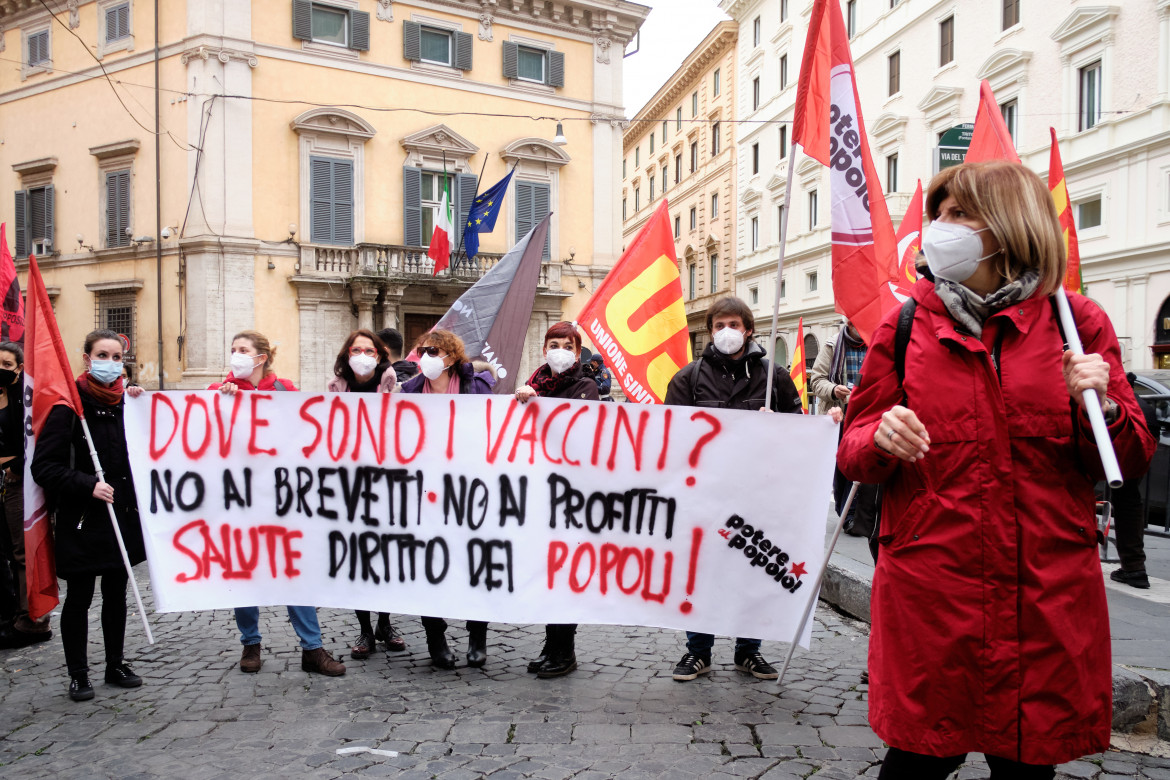Analysis
The success of vaccine science is thanks to public funds, not private
A new study shows the true origin of the Covid-19 vaccines: ‘public investment and international collaboration gave us the Covid-19 vaccines,’ not private competition, as many on the global right would suggest.

The success of the vaccines against Covid-19 has happened thanks to “capitalism” and “greed.” These words—which the British Prime Minister Boris Johnson said in a recent meeting with Conservative MPs—effectively summarize the mantra defended by the global right and by the pharmaceutical companies: development can only happen thanks to private individuals who look out for their own interests.
Too bad it’s almost never true. This is demonstrated by a preprint (i.e. a study not yet published in a scientific journal after peer review, but already reported on by several newspapers, including The Guardian and El País) whose ten authors have analyzed the sources of funding for the research behind the AstraZeneca vaccine. The researchers who authored the study come from different British and Dutch universities, and all belong to the association Universities Allied for Essential Medicines Europe, which aims to improve global access to health and life-saving medicines.
After analyzing more than 100 articles published between 2002 and 2020 relevant to the technology that led to the development of vaccines based on chimpanzee adenoviruses, the mechanism used by AstraZeneca’s vaccine, they conclude that between 97% and 99% of the funding for the research and development of this drug came directly or indirectly from public funds.
The researchers analyzed more than 500 funding sources mentioned by each of these studies, and, where information on the amounts received was not public, they obtained information from Oxford University, where the research leading to the vaccine was conducted, through FOI (Freedom of Information) requests, a British legal mechanism that allows access to any information held by public authorities. In total, the researchers (who are also pointing a finger at the lack of transparency in the funding mechanisms of research) were able to reconstruct the origin of about €260 million from research in the literature, plus €120 million through FOI requests.
Twenty-seven percent of this money came from U.S. public funding (the NIH) and European funding (the European Commission, 19%), while 31% came from the British government and 23% from charities, especially the Wellcome Trust with 18% and the Bill and Melinda Gates Foundation with 5%. In short, as the researchers say in a statement, it was not private venture capital that allowed us to arrive at a vaccine in record time: “Our study shows that quite the opposite is true: public investment and international collaboration gave us the Covid-19 vaccines.”
The economist Mariana Mazzucato has also spoken for a long time of “purely ideological myths” about the role played by private companies in innovation. In a recent article presenting her latest book Missione Economia, guida per cambiare il capitalismo (Mission Economics, a guide to change capitalism), she defends the role of the state and of public-private partnerships (as during the project of landing on the moon) guided by public investments to obtain “economic dividends” for the whole of society.
She is calling on Biden to reinforce such partnerships in his “Build back better” plan. However, Oxford University, which had stipulated in its guidelines that the university’s default approach would be to offer “non-exclusive, royalty-free licenses” to support vaccines “at cost” or “for limited cost” for the duration of the pandemic as defined by the WHO, has not done so. In July of last year, AstraZeneca’s vice president, Menelas Pangalos, told the U.S. Congress that it had obtained an exclusive license.
And there’s more. For the global health emergency, all the governments of the richest countries, first and foremost the U.S. and the European Union, have bought billions of doses in advance from AstraZeneca, Pfizer, Moderna and Johnson & Johnson, but also Sanofi and CureVac, not yet authorized by the European Medicines Agency. In total, the European Commission has shelled out more than €2.5 billion for nearly 3 billion vaccine doses. It’s not exactly funding (the research has been funded through other mechanisms), but buying “sight unseen” certainly lowers the business risk.
Originally published at https://ilmanifesto.it/il-successo-della-scienza-sui-vaccini-grazie-ai-fondi-pubblici-non-privati/ on 2021-04-17
